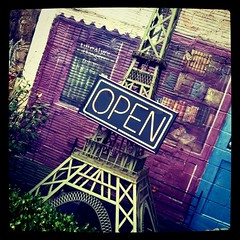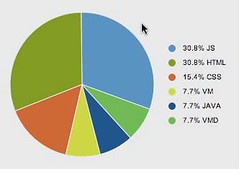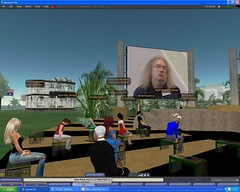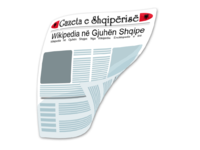"Learners learn best when the experience is personalized to individual needs. OER is an ideal learning environment to meet the diverse needs of learners, including learners with disabilities. The Floe (Flexible Learning for Open Education) Project supports the OER community in providing a sustainable, integrated approach to accessible learning, addressing the needs of learners who currently face barriers."I like this approach because it includes a lot of principles of Universal Design but also addresses other access issues - including cost. Their handbook creates a very innovative context for the creation of OER. It includes not just the content itself but tagging that content with metadata, a profile for learners that the students create for themselves, and the use of open formats. Here are the suggestions for the "Technique" section of the handbook:
- Label resources to indicate what learning needs the resource addresses
- Allow the creation of variations and enhancements
- Support learning profiles
- Support flexible styling
- Support keyboard control of functions and navigation
- Provide audio or text descriptions of non-text information presented in videos, graphics or images
- Provide text captions of information presented in audio format
- Separate text that can be read in the interface from underlying code
- Use open formats wherever possible
"Open formats are typically published freely and don't require software developers or users to pay licensing royalties to use them in a variety of applications. As a result, open formats make it easier for content to be used and exchanged freely within different operating systems, applications, and software tools."This is one of the few platforms that pays attention to the learner - there are tools to help learners assess how they prefer to learn.
Ironically, I find the default font in the handbook almost impossible to read - but fortunately their platform includes an easy preferences button that will allow me to adjust the font, color, and contrast of the text AND it is openly licensed and not behind a pay-wall so I can use what ever font I want to read it.
This is a very important project: it includes content, instructions, and tools for making sustainable, accessible content that will render all of the questions about $ustainability in OERs irrelevant.















